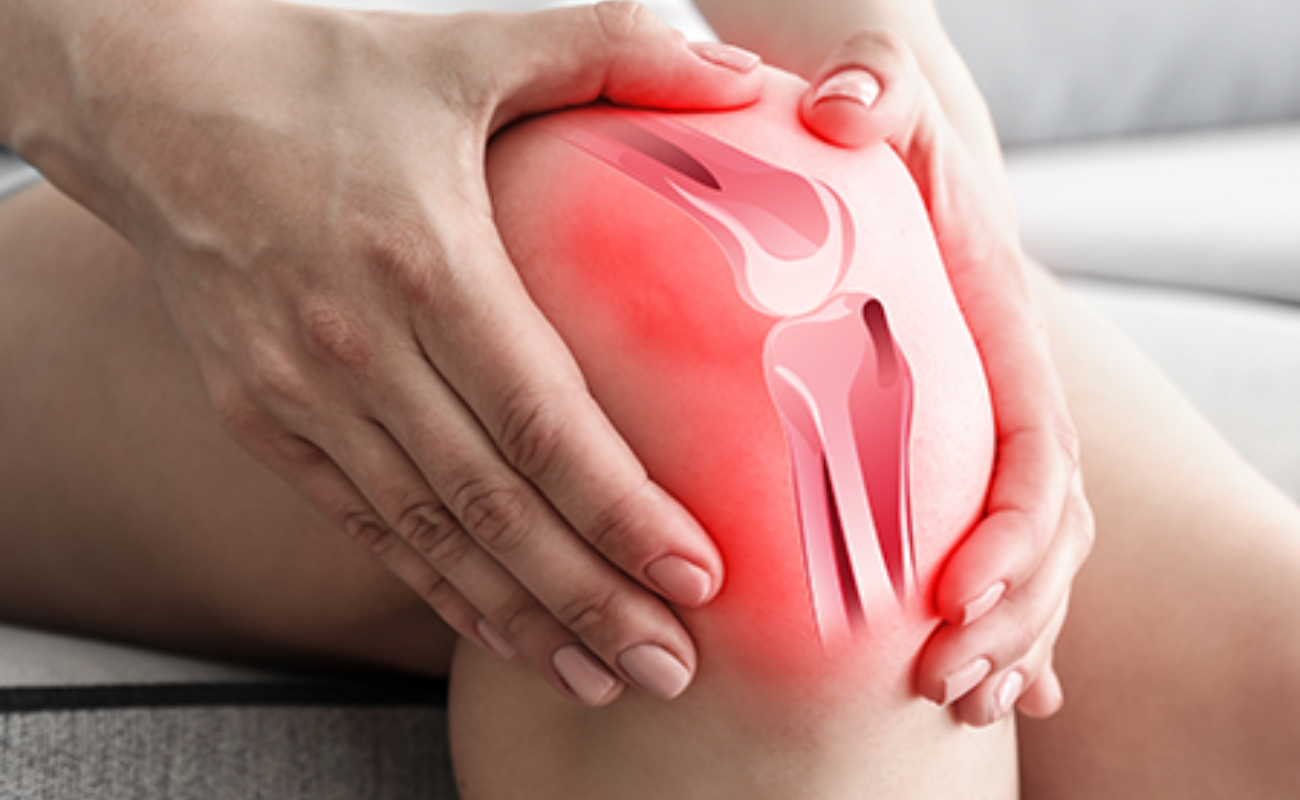Embracing a New Chapter: How is Life After Total Knee Replacement Surgery?

January 19, 2024
Deciding to undergo total knee replacement surgery is a momentous choice that can completely transform the course of one's life. Whether you have endured chronic pain or struggled with limited mobility, this surgical intervention holds the promise of a revitalized and enhanced lifestyle. In this blog, we will delve into the various facets of life after total knee replacement surgery, exploring the physical, emotional, and practical aspects of this transformative journey.
1. The Initial Recovery Phase
a. Postoperative Care
Following surgery, a critical phase commences the initial recovery. It is of utmost importance to diligently adhere to postoperative care instructions. This entails effectively managing pain through prescribed medications, attending physical therapy sessions, and diligently abiding by any weight-bearing restrictions outlined by your surgeon.
b. Physical Therapy
Physical therapy is crucial in the process of recovery. Skilled therapists assist patients in performing exercises that target knee strengthening, range of motion improvement, and overall mobility enhancement. During the initial weeks, patients engage in gentle movements that gradually advance to more intensive exercises as the knee heals.
c. Assistive Devices
During the early stages of recovery, the utilization of assistive devices such as crutches or walkers may be required. These aids offer walking support and aid in fall prevention, facilitating the healing of the knee without subjecting it to excessive strain.
2. Regaining Mobility
a. Gradual Resumption of Activities
As the knee heals and strength returns, patients can gradually resume their daily activities. It is important to start with light activities and avoid high-impact exercises initially. Walking, swimming, and stationary cycling are often recommended to rebuild strength and endurance. By following these recommendations, patients can gradually regain their physical abilities and improve their overall well-being.
b. Return to Exercise
Establishing a comprehensive exercise routine is vital for achieving sustained success in the long run. Incorporating low-impact activities like yoga and tai chi can enhance flexibility and balance while engaging in strength training aids in preserving muscle tone. Before initiating any new exercise regimen, it is always advisable to consult with your healthcare team for guidance and support.
c. Patience in Progress
The recovery journey following total knee replacement surgery is a gradual and intricate process. It is of utmost importance to exercise patience and avoid rushing the healing process. Embrace and celebrate the small victories achieved along the way, while remaining dedicated to the comprehensive rehabilitation plan carefully crafted by your medical team.
3. Managing Pain and Discomfort
a. Pain Management Strategies
After surgery, managing pain goes beyond the initial postoperative period. While prescribed pain medications are commonly used, it's crucial to consider long-term pain management. Non-pharmacological methods, like hot or cold therapy, massage, and acupuncture, can be valuable complements to medication, offering ongoing relief from pain.
b. Recognizing Normal Discomfort
While discomfort is a typical aspect of the recovery process, it is crucial to distinguish between normal discomfort and potential complications. Should you observe any abnormal swelling, intense pain, or alterations in the surgical site, it is of utmost importance to promptly notify your healthcare provider.
4. Emotional Well-being
a. Coping with Emotional Challenges
The journey of recovery following total knee replacement surgery goes beyond the physical aspects. It is not uncommon for patients to experience a wide range of emotions, from the excitement of newfound mobility to moments of frustration during challenging times. Maintaining open and honest communication with loved ones or seeking guidance from a mental health professional can be immensely valuable in providing the necessary support during this process.
b. Setting Realistic Expectations
Maintaining emotional well-being relies on effectively managing expectations. It's important to recognize that the path to recovery is a process, encompassing both good and challenging days. By setting realistic expectations, one can navigate this journey with a positive mindset, fostering resilience and growth.
5. Returning to Daily Life
a. Workplace Considerations
When returning to work after surgery, it's important to consider several factors. These include making ergonomic adjustments, taking regular breaks, and potentially modifying work tasks. To ensure a seamless transition back to the workplace, it's crucial to communicate openly with your employer about any necessary accommodations.
b. Travel and Leisure Activities
Life after total knee replacement surgery doesn't have to mean sacrificing travel or leisure activities. With the green light from your healthcare team, you can get back to enjoying hobbies like hiking, biking, and even exploring new destinations. By planning ahead and making necessary arrangements, you can ensure a post-surgery life that is fulfilling, enjoyable, and filled with new adventures.
6. Long-Term Maintenance
a. Regular Follow-ups
Regular follow-up appointments with your surgeon are essential to monitor the long-term success of your knee replacement. These visits are crucial for identifying any potential issues and making any necessary adjustments to your treatment plan.
b. Healthy Lifestyle Choices
Ensuring a healthy lifestyle is crucial for the long-term success of knee replacement. A well-balanced diet, consistent exercise, and refraining from high-impact activities all play a significant role in promoting optimal joint health.
Conclusion
Recovering from total knee replacement surgery is a transformative journey that requires dedication, patience, and a holistic approach to well-being. By diligently following postoperative care, committing to rehabilitation, and maintaining a positive mindset, individuals can embark on a new chapter characterized by enhanced mobility, diminished pain, and improved quality of life. As with any medical procedure, it is crucial to consult with your healthcare team for personalized guidance and support throughout the recovery process.
